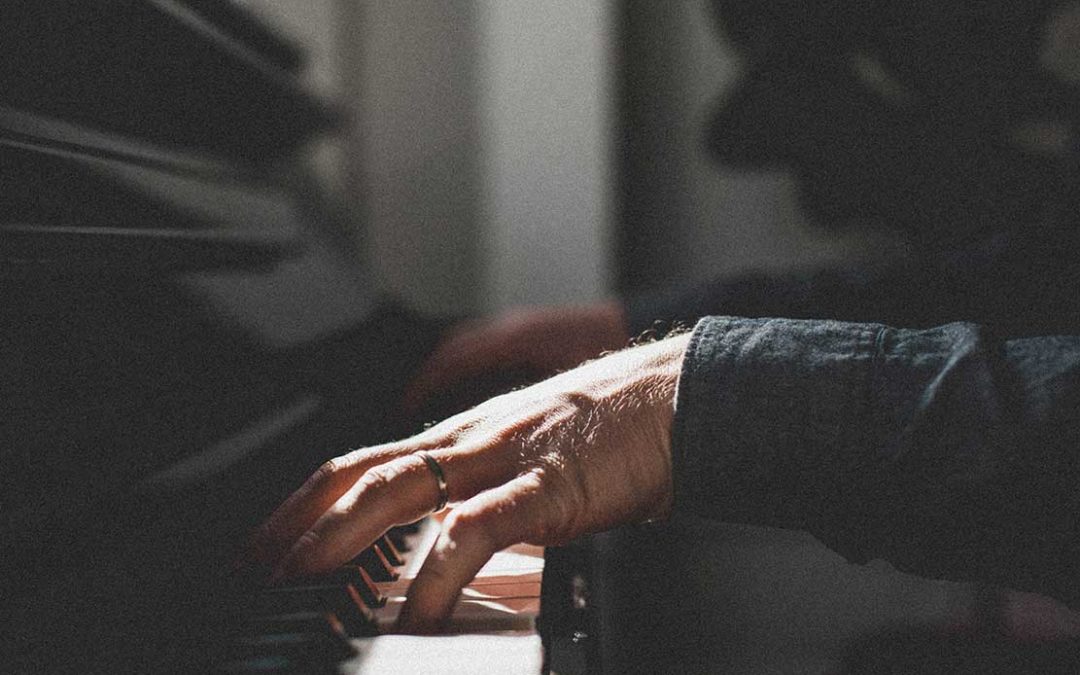So, it’s now time to start practising. Similar to an athlete starting his daily training with a little bit of jogging to warm up, we need to do the same with our piano playing. By warming up we will avoid our muscles stiffening up. This way, we are going to be able to have a longer practicing session, a less tiring session, and be more productive, since our body will respond quicker to the various musical challenges.
Always, always, always start with scales. (Did I stress it enough?). The reason I insist on that is that scales have the quality of unhurriedly warming you up. Here’s the explanation:
A: They have a continuous (or even sequence of notes) and unchallenging rhythmical structure. That means that your fingers only do smooth movements, ideal for warming up.
B: Scales are not particularly musically challenging either, so your mind also starts to slowly adjust to what comes next: The pieces. You also don’t have to commit straight away to strong musical analysis and interpretation.
Start by preferably playing hands together. The secret here is to start really slowly for the first couple of scales and pick up speed later. Pay attention to beautifully pass the thumb beneath the palm to reach the next sequenced note. As an example we are going to use the scale of E major played by the right hand. After you’ve played the first three notes, (preferably using fingering: 1, 2, and 3), it’s time to move our thumb to the A note. Now, the next step is very important. We should not rotate our third finger to the left, in order to avoid our elbow to protrude to the right. Instead, we should lean our third finger towards the next key. This way the transition becomes a lot smoother, and we will manage to play faster scale-passages in the future.
One of the greatest discoveries of the first millennium, as I often say, is the scales. I made an exception in this part, by try demonstrating how to play a scale, because it is the first item we need to tackle when start practising, and one of the most important things too. So, we better do it correctly.



http://i.qkme.me/3rkk6o.jpg
lol